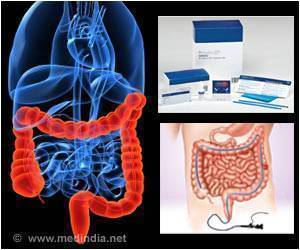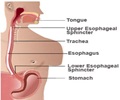
ACP advises that screening with upper endoscopy should not be routinely performed in women of any age or in men under the age of 50 with heartburn because the incidence of cancer is very low in these populations.
Upper endoscopy is indicated in patients with heartburn who are unresponsive to medicine (proton pump inhibitors) to reduce gastric acid production for a period of four to eight weeks or who have a history of narrowing or tightening of the esophagus with recurrent difficult or painful swallowing.
Screening with upper endoscopy may be indicated in men over 50 with multiple risk factors for Barrett's esophagus, which include heartburn for more than five years, nocturnal reflux symptoms, hiatal hernia, elevated body mass index, tobacco use, and fat within the abdominal cavity. If an initial screening exam is negative for Barrett's esophagus or esophageal cancer, recurrent periodic upper endoscopy is not indicated.
Among patients found to have Barrett's esophagus, upper endoscopy is indicated every three to five years. More frequent endoscopic examinations are reserved for patients with low- or high-grade dysplasia because of the higher risk of progression to cancer.
Physicians should utilize education strategies to inform patients about current and effective standards of care. Medicine to reduce gastric acid production is warranted in most patients with typical GERD symptoms such as heartburn or regurgitation.
Advertisement
Factors that contribute to overuse of upper endoscopy include differing recommendations from professional medical organizations, medico-legal liability concerns, and patient and caregiver expectations.
Advertisement
"Upper Endoscopy for Gastroesophageal Reflux: Best Practice Advice from the American College of Physicians" and a corresponding patient summary appear in the December 4 issue of Annals of Internal Medicine, published by ACP.
Source-Eurekalert













